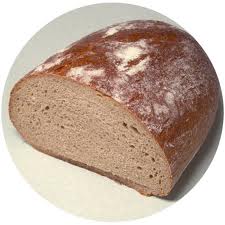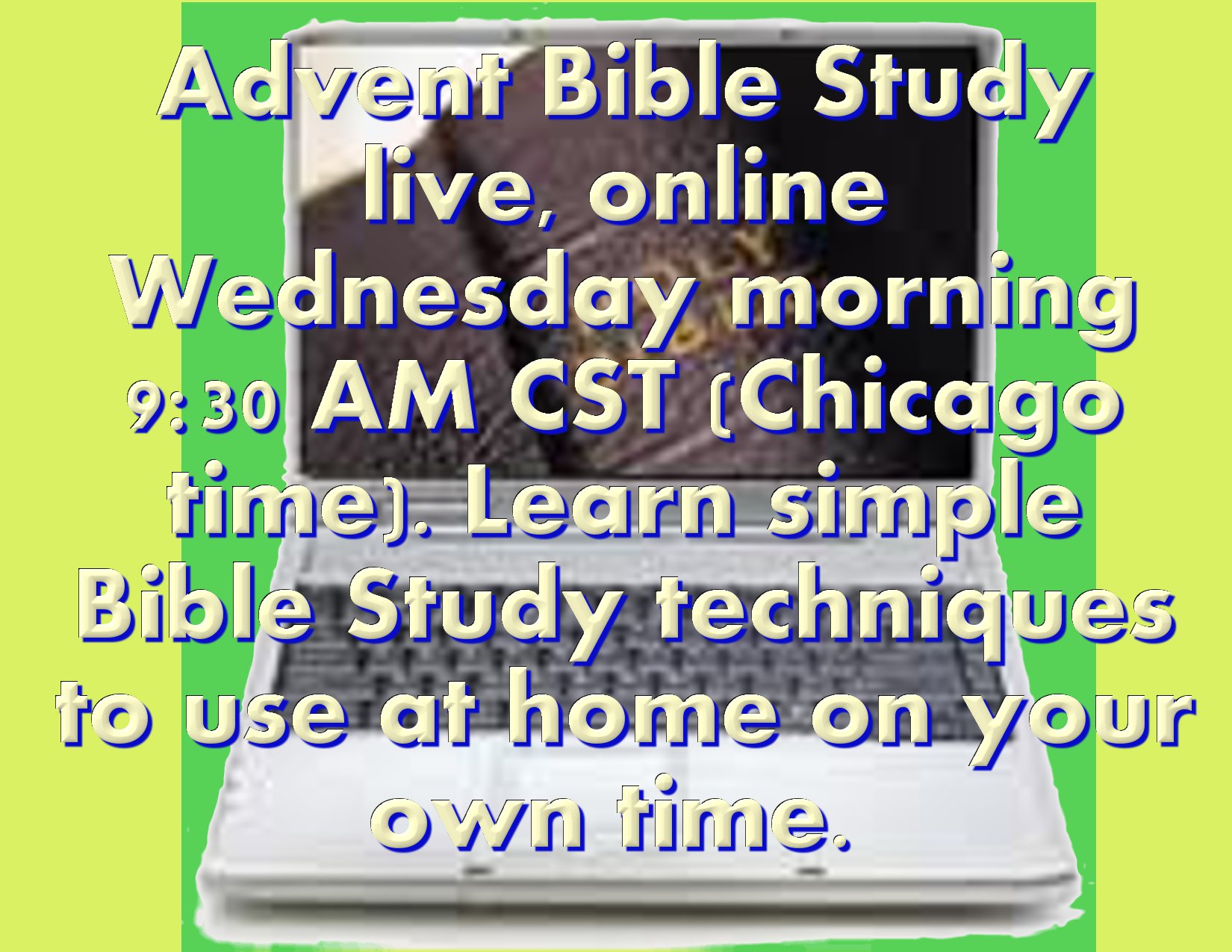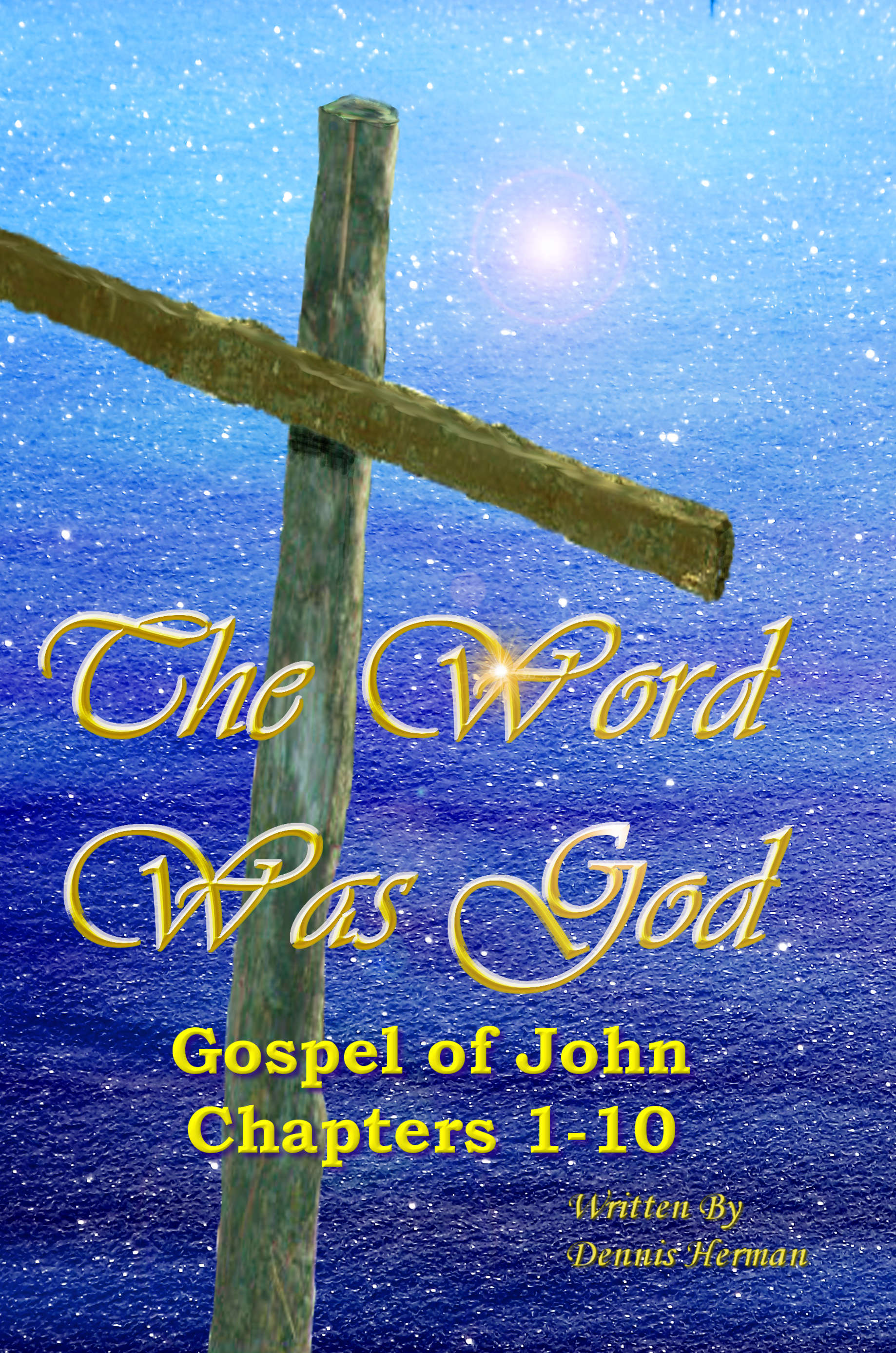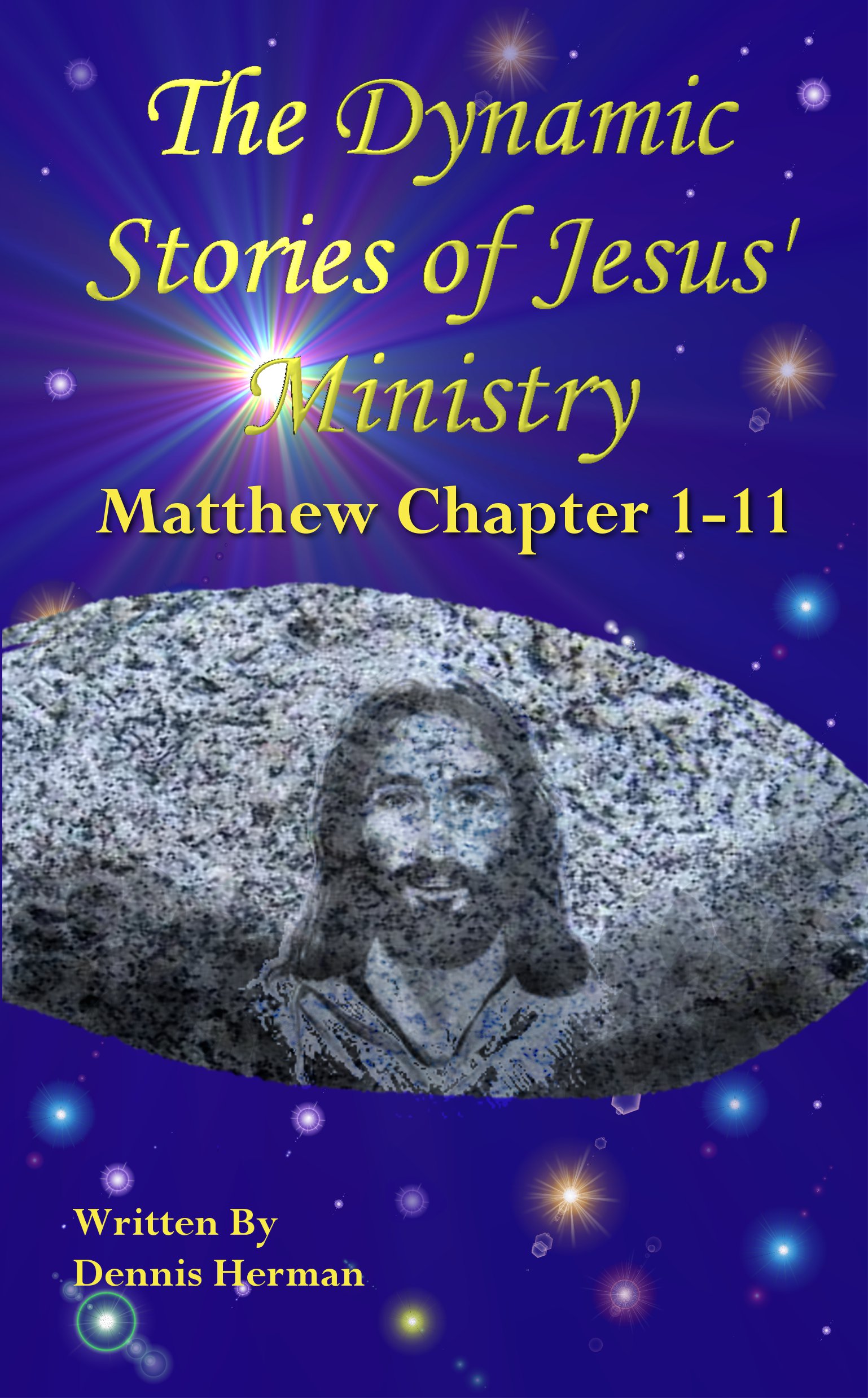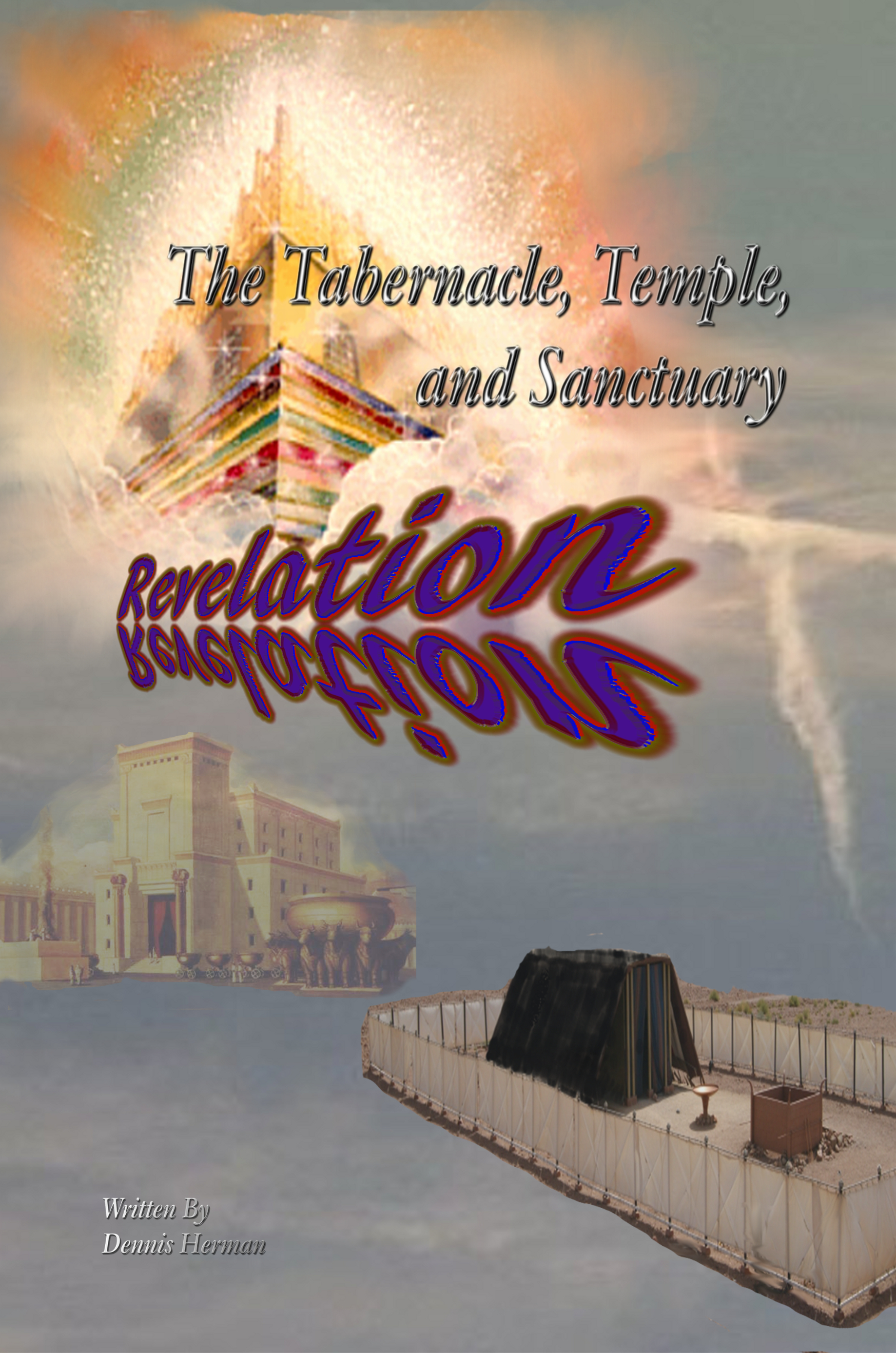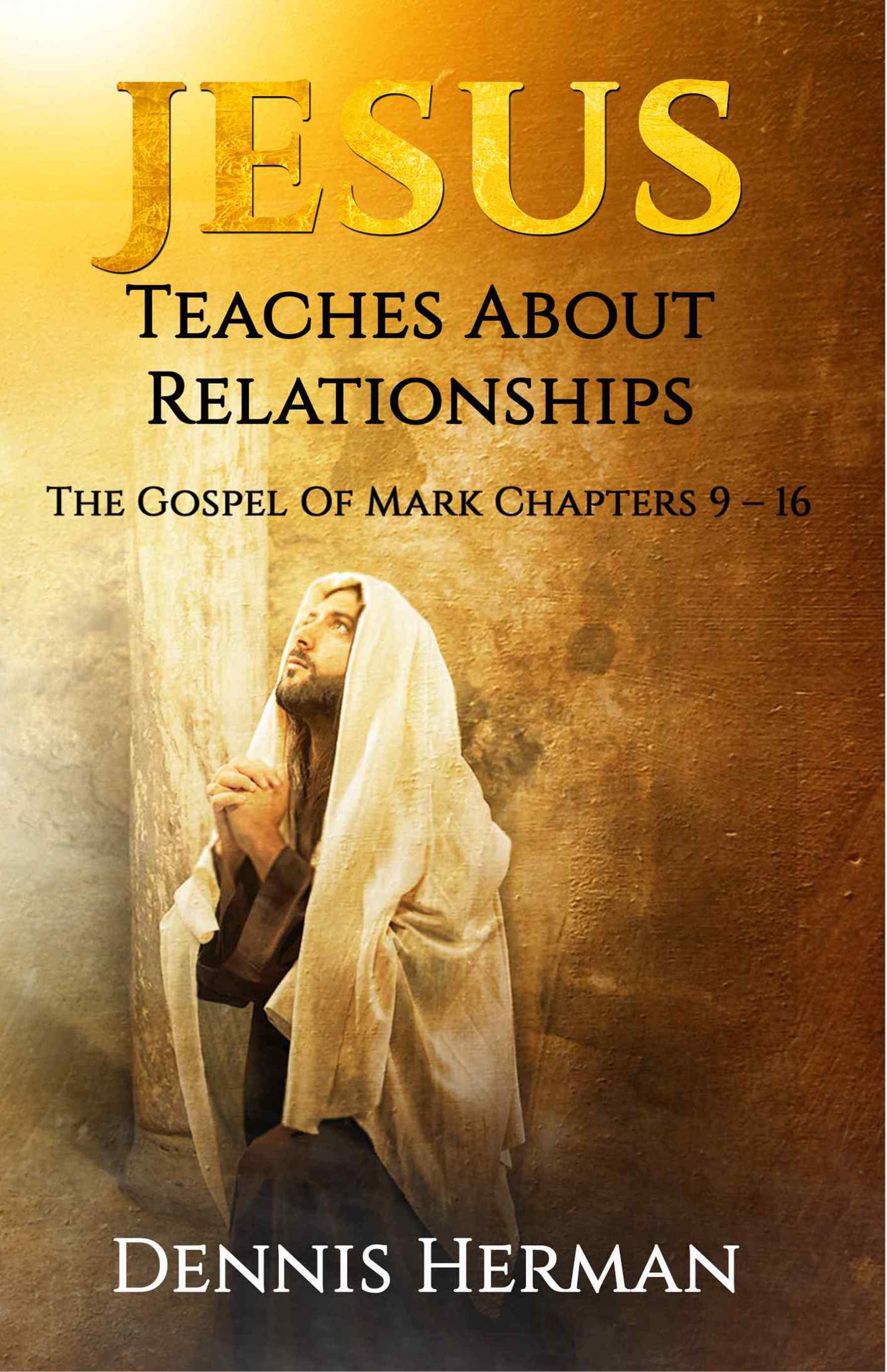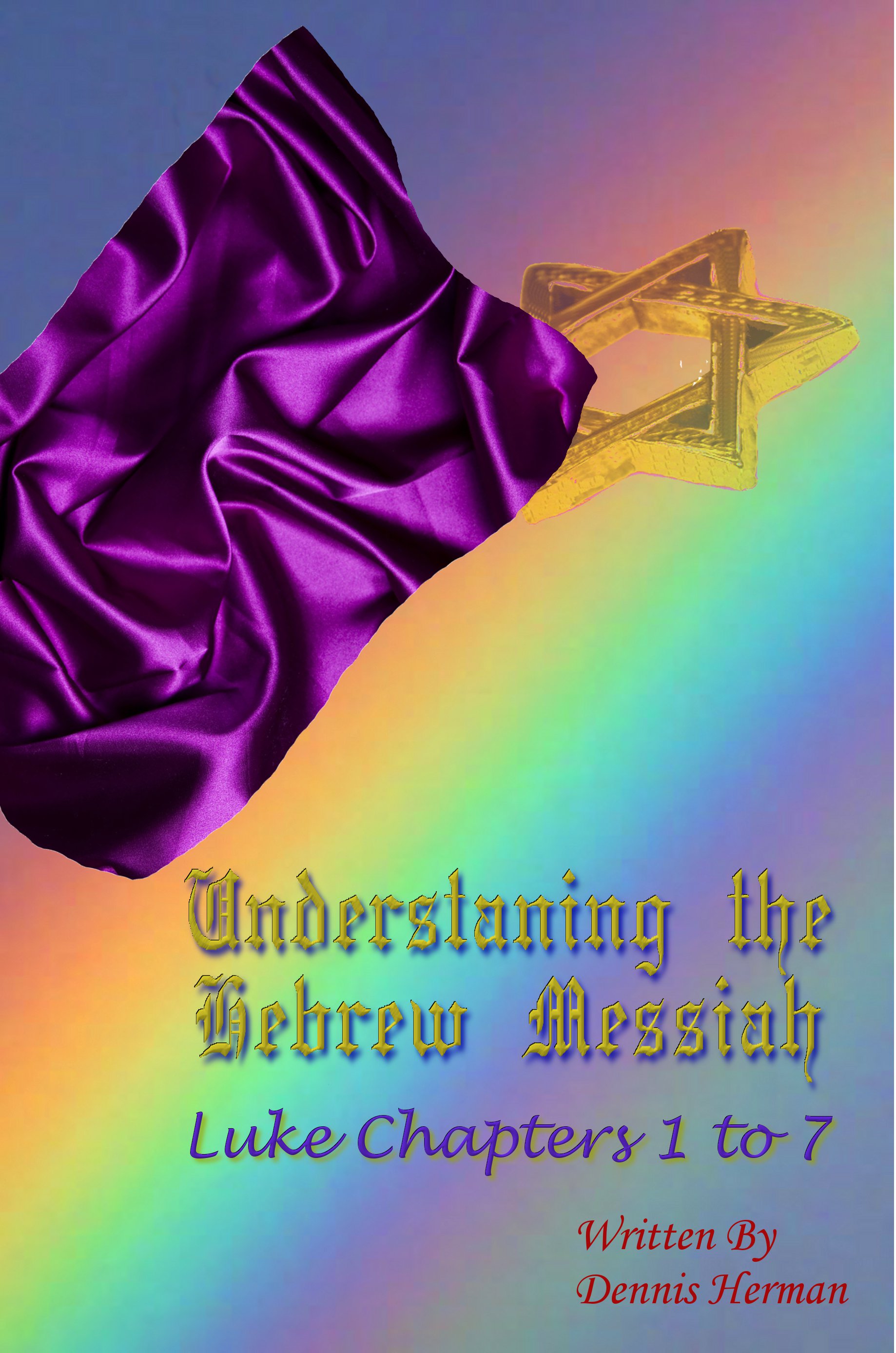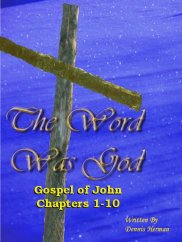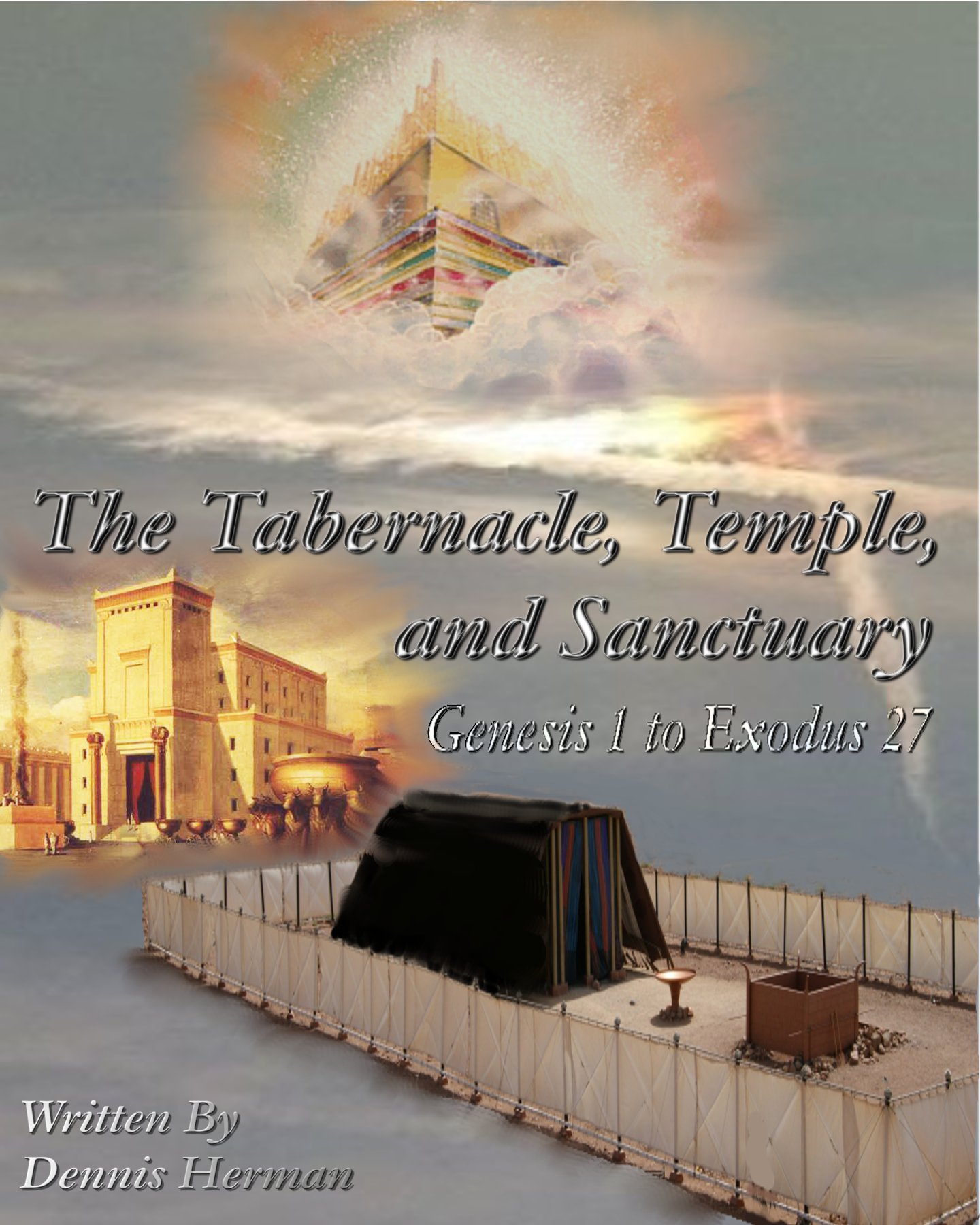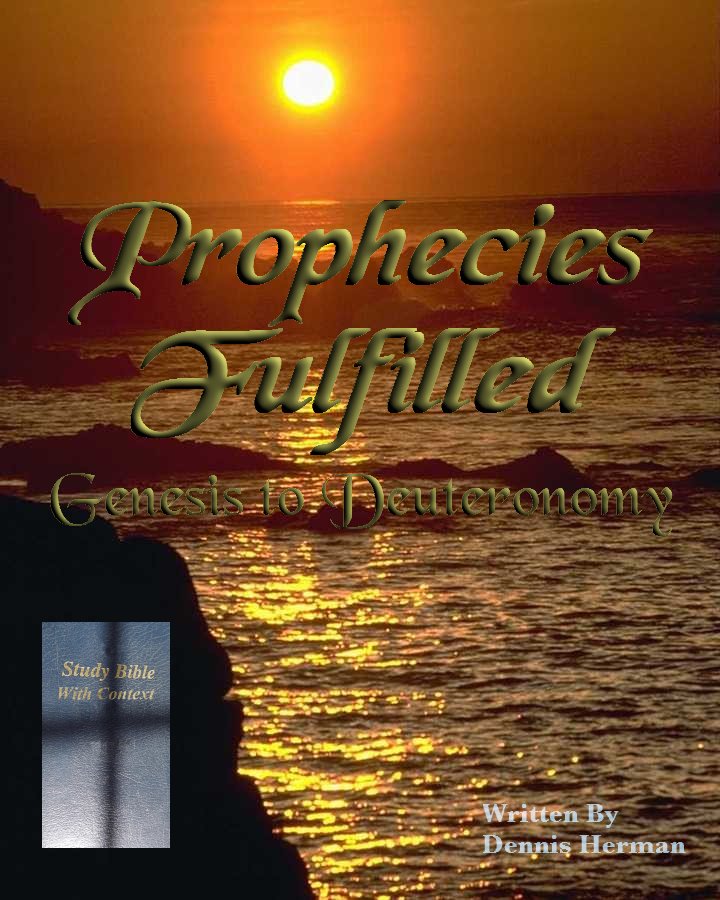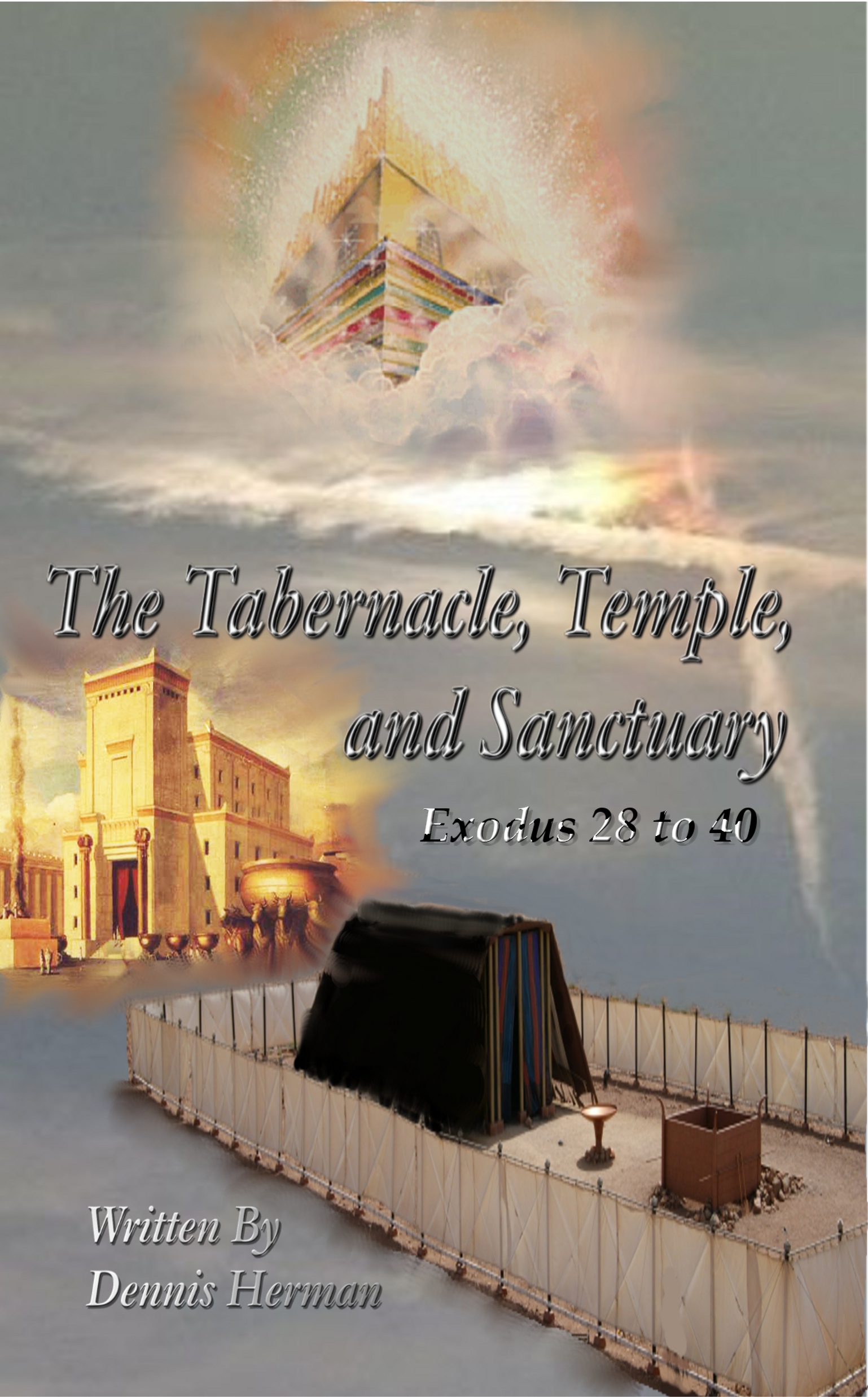Exodus 16:21 Manna
Exodus 16:21 KJV And they gathered it every morning, every man according to his eating: and when the sun waxed hot, it melted.
After a number of plagues Pharaoh finally gave up for a time, letting Israel go free. It was an answer to a question Moses asked when he first approached the man he grew up with as a brother. To me it rose the question, why couldn’t Moses reach someone he grew up with as a brother? Look at the discussion when Moses first approached Pharaoh. After his presentation to Israel’s leaders, Moses and Aaron went to meet with Pharaoh. They told him, “This is what the LORD, the God of Israel, says: Let my people go so they may hold a festival in my honor in the wilderness.” “Is that so?” retorted Pharaoh. “And who is the LORD? Why should I listen to him and let Israel go? I don’t know the LORD, and I will not let Israel go.” (Exodus 5:1-2 NLTse).
What is the lesson? We all seem to experience the same problem, members of our own family do not know God. It seems this is a lesson repeated time and time again in Israel’s journey through the wilderness. With all the miracles God performed before their eyes, Israel’s faith remained small. God gave the head of the household the responsibility of performing the detailed ceremony for the Passover to show them the role of the priest in the family was not only a right, but a requirement.
After going through all of these experiences, many of the Israelites showed how much their confidence grew in God. As Pharaoh approached, the people of Israel looked up and panicked when they saw the Egyptians overtaking them. They cried out to the LORD, and they said to Moses, “Why did you bring us out here to die in the wilderness? Weren’t there enough graves for us in Egypt? What have you done to us? Why did you make us leave Egypt? Didn’t we tell you this would happen while we were still in Egypt? We said, ‘Leave us alone! Let us be slaves to the Egyptians. It’s better to be a slave in Egypt than a corpse in the wilderness!'” (Exodus 14:10-12 NLTse).
Looking back a few verses we see how some people doubted, being more concerned about themselves more than God’s plan. Not only had they failed to see God’s power, they also misunderstood the reason behind the sequence of events. “Order the Israelites to turn back and camp by Pi-hahiroth between Migdol and the sea. Camp there along the shore, across from Baal-zephon. Then Pharaoh will think, ‘The Israelites are confused. They are trapped in the wilderness!’ And once again I will harden Pharaoh’s heart, and he will chase after you. I have planned this in order to display my glory through Pharaoh and his whole army. After this the Egyptians will know that I am the LORD!” So the Israelites camped there as they were told. (Exodus 14:2-4 NLTse).
Don’t we often have the same problem. Isn’t this the reason many people try to avoid God when a trial first arises? We try as hard as we can to fight and worry our way through a problem while the Creator is only a prayer away. We trust and rely more on our limited wisdom than our original manufacturer. If only we knew the plans and details God puts into solving our problems. If we did, we may never worry about, or let those situations get to us.
As Israel journeyed to the promised land it became evident they had not planned properly for the trip. After all, they had no idea where they were going or how long it would take. After a few days the little food they brought ran out. They went to Moses, complaining as usual. If one man’s faith was growing, it was Moses. He turned to God and prayed. He knew God would answer. Moses knew God had a plan.
As God looked down at the more than one million people following Moses out of Egypt, He knew exactly what He was going to do. Part of His plan was to wait a little bit to test each individual faith. Some were going to complain no matter what happened. Others waited for real trials to show up before complaining. Many of them could endure the trial for a time before eventually joining what seemed to be the majority of complainers. How many endured until God moved His hand? Did their joy and praise reflect their faith in God? In a way there is a parallel between testing of Israel’s faith and Jesus’ parable of the sower.
When the time was right, God brought bread from Heaven. We are told the Israelites had no idea what it was and called it manna, which means, what is it? Is this also a type of prophecy? John explains what this manna from Heaven represented. It was not only physical food, but also taught a spiritual lesson.
John 6:33-35 KJV For the bread of God is he which cometh down from heaven, and giveth life unto the world. (34) Then said they unto him, Lord, evermore give us this bread. (35) And Jesus said unto them, I am the bread of life: he that cometh to me shall never hunger; and he that believeth on me shall never thirst.
It seems the simple message about this bread is often misunderstood. Jesus had to explain exactly what this means. Today everyone claims to know what the bread represents but do they understand what it means to never hunger or thirst? This was such an important point, Jesus went on to explain it in more detail.
John 6:49-51 KJV Your fathers did eat manna in the wilderness, and are dead. (50) This is the bread which cometh down from heaven, that a man may eat thereof, and not die. (51) I am the living bread which came down from heaven: if any man eat of this bread, he shall live for ever: and the bread that I will give is my flesh, which I will give for the life of the world.
When we look at what Jesus is explaining, we see He is referring to His sacrifice, which gives us eternal life. The flesh Jesus gave was His life. How do we eat Jesus’ flesh, His life? How many aspects and details does this cover? All of them?
We need to have Jesus living in our hearts, minds, every part of out physical body and spiritual life. We consume Him through His word, like this study. Every time we open His Word, the Spirit prepares a feast. Jesus comes to our hearts, knocks, and can’t wait to sit down and dine with us. This spiritual connection feeds our faith. He answers our prayers, solves our problems, send us blessings though nature, relationships with others, unexpected blessings, every aspect of our lives. Like Israel’s journey through the wilderness, God knows the trials we will face long before we see them.
What other ways do we take Jesus into our lives? How do we take in His spiritual bread and water? What would our lives be without His influence in our life? Are their parts of our lives we still insist we can manage better than Jesus? Why did the manna in the wilderness melt away when the sun rose.

